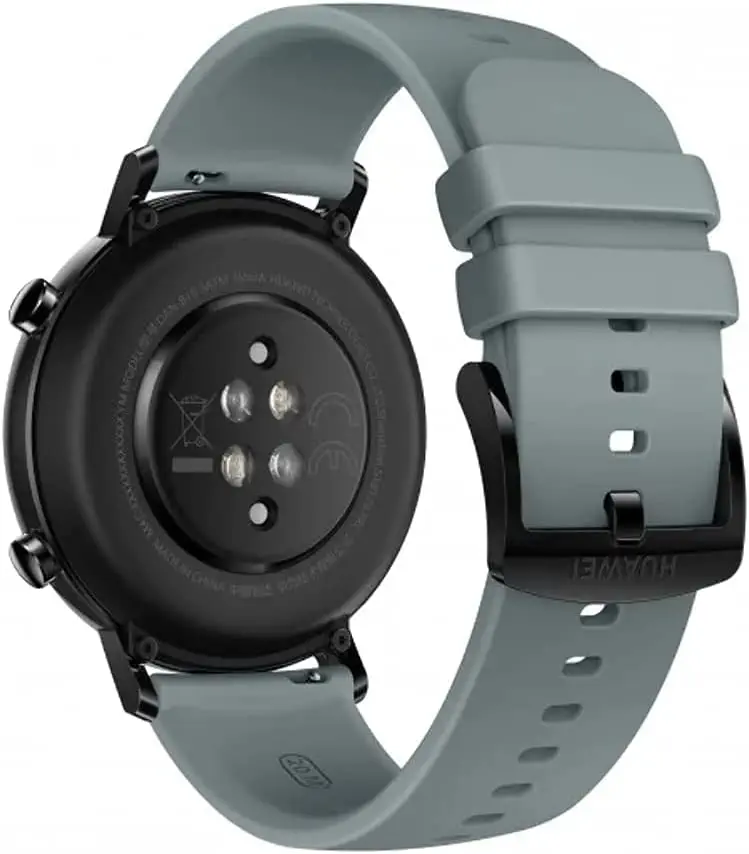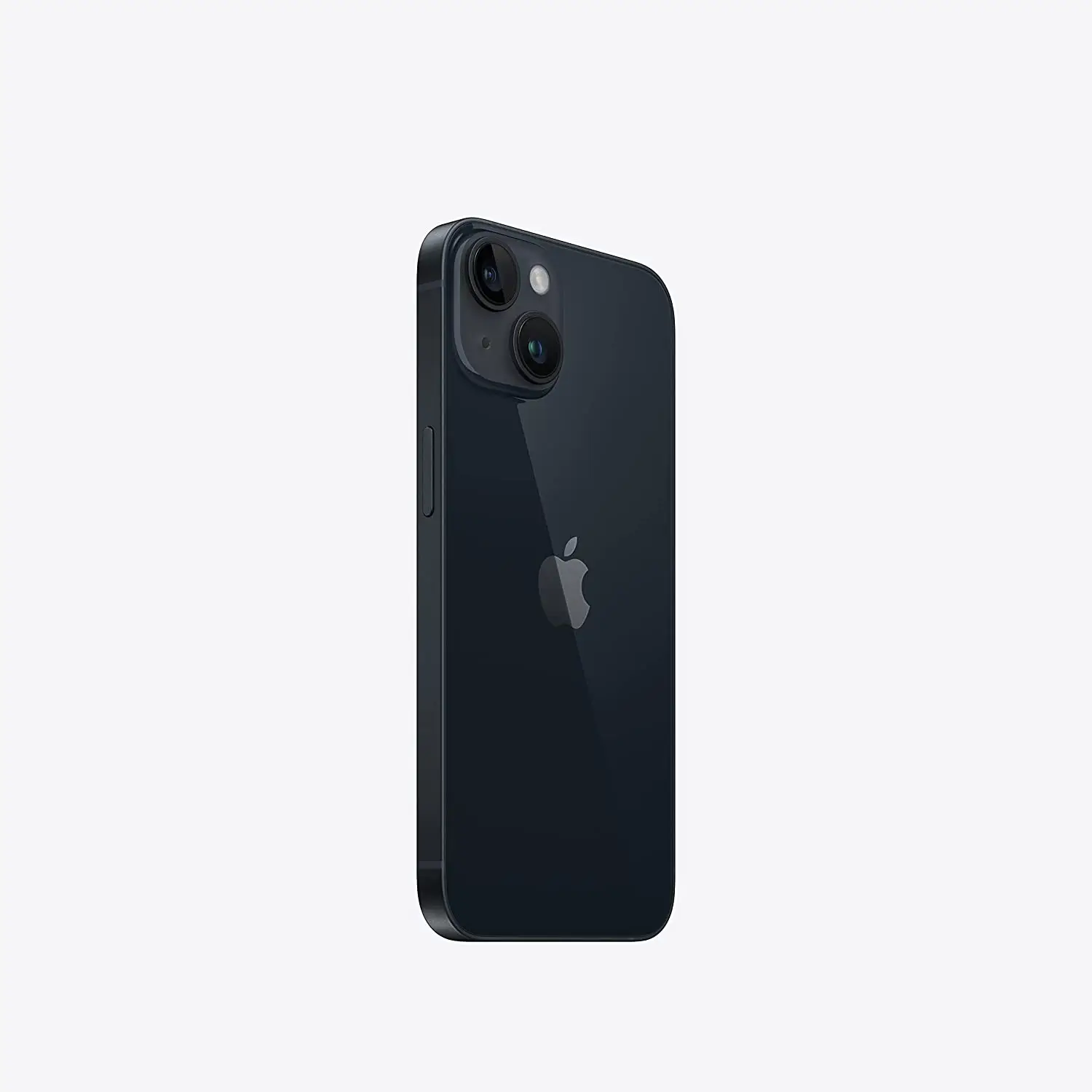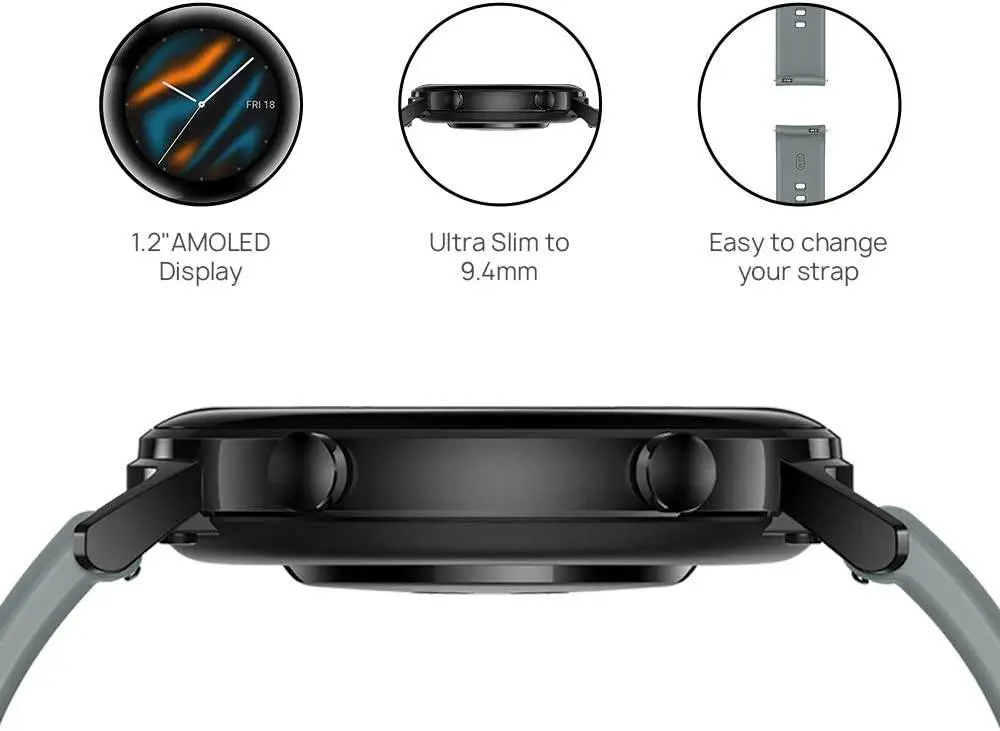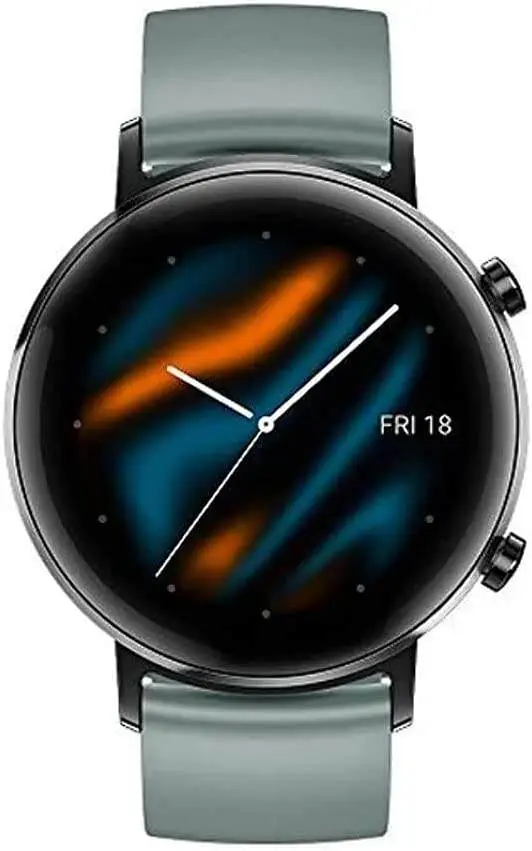The Awesome New HUAWEI GT 2 Smartwatch
Prices pulled from the Amazon Product Advertising API on:
Product prices and availability are accurate as of the date/time indicated and are subject to change. Any price and availability information displayed on [relevant Amazon Site(s), as applicable] at the time of purchase will apply to the purchase of this product.

Unlike the original Watch GT, which came in two case styles but just one size, the new Watch GT 2 comes in two sizes – 46mm and 42mm – available in various different colours. Both have always-on AMOLED displays and are powered by the company’s new ultra-efficient Kirin A1 chip, which delivers battery life of up to two weeks in the larger model and one week in the 42mm variant. Whichever size you choose, you can use it with an Apple or Android phone, and there’s 4GB of storage, enabling you to store up to 500 songs.
As for fitness tracking, the Huawei Watch GT 2 has built-in GPS and a heart-rate monitor and offers an impressive range of sports modes including running, cycling and even open water and triathlon thanks to its 50m water-resistance. Leave it on at night, and it’ll also track your sleep in impressive detail, scoring your 40 winks out of 100.
Because it comes with a microphone and speaker, you can answer phone calls on the Watch GT 2 when you’re in range of your phone. Sadly, though, there’s no cellular version of the watch, and there’s also no NFC, so you can’t make contactless payments from your wrist. Because it runs LiteOS, there are also none of the Google apps you’ll find on the Huawei Watch 2.

Although the Watch GT 2 is coming to the UK in October, we don’t have a definitive price for it yet. Since it’ll cost €250 in Europe, I’d expect you’ll have to part with between £220-250 when it hits the shops over here.
That puts it in direct competition with the Apple Watch 3, which has recently had its price slashed to £200 for the non-cellular, 38mm model. Although it’s now two generations old, the Watch 3 is still one of the best smartwatches you can buy in terms of all-round features and performance, but you’ll need to charge it daily.
For Android users, the two-year-old Huawei Watch 2 (£170) is still one of our favourite WearOS smartwatches, or if you’re on an even tighter budget, the Ticwatch E2 (£146) is another great option. Otherwise, if you’re happy to forgo an OLED display and such a wide selection of third-party apps, Garmin’s Vivoactive 3 Music (£180) delivers an impressive combination of sports-tracking features, battery life and smarts.
Since the launch of the Fitbit Versa 2, the Fitbit Versa is now cheaper than ever at just £143. It doesn’t have GPS, but is otherwise a solid all-round fitness tracker. Last but not least, the original Huawei Watch GT is also now available for just £140. It only has 128MB of storage, which means no music storage, but otherwise, there’s not a huge amount to separate it from the newer Huawei smartwatch.

The Watch GT 2’s design doesn’t differ drastically from its predecessor and that’s a good thing. Its stainless steel and plastic casing looks great with sporty silicone straps and leather wristbands alike, making it a watch that you can wear for any occasion.
It’s comfortable, too. With the larger model weighing only 41g without the strap and measuring 11.7mm thick, it’s 22g lighter than the equivalent-sized Samsung Galaxy Watch and 1.3mm slimmer. That’s a big difference and I never once woke with the urge to take it off when I kept it on at night.
One significant change is that the Watch GT 2 now has a bezel-less design. That’s more obvious on the smaller 42mm model, while the 46mm sample has second and minute markers printed around the edge of its glass front. Regardless of which size you choose, though, there are two crown-style buttons on the right edge; one of these opens the app list while the other can be customised to a function of your choice.
At the centre of everything is the watch’s always-on AMOLED screen. On the larger model, it’s a 1.39in 454 x 454 resolution panel, while the smaller watch has a 1.2in 390 x 390 resolution screen. On our sample, black and colours looked punchy with excellent contrast levels and the resolution is such that you can easily make out every minute detail on the device’s intricate heart-rate graphs.
Where things start to fall down a little, however, is the watch’s software. For the most part, it feels reminiscent of WearOS and is intuitive to use but it is occasionally very confusing. To give one example, configuring the screen to be truly always-on requires you to open the Advanced menu in Display settings, then ignore the Screen on and Sleep options, instead tapping Lockscreen before selecting Digital or Analogue instead of the default option, None.
This ensures that, after the screen times out, you see a simplified, slightly dimmed watch face showing the time and day. You can have the main watch face visible, too, but only for a maximum of twenty minutes at a time.
Notification delivery is another area where the Huawei Watch GT 2 could do better. Although alerts normally appear in a timely manner with a vibration, there’s no option to interact with them in any meaningful way. That means for emails you’ll have to make do with just reading the subject line and, for messages, there’s no option to send canned responses, so you’ll always have to reach for your phone to reply. That’s pretty poor.
Then there’s the fact that the Watch Active 2 has no app store. That’ll bother some prospective customers more than others but again, it puts the Huawei wearable well behind the competition; with the Apple Watch and WearOS wearables, you have endless options for expanding your watch’s functionality.

That’s a shame because when testing the Watch GT2 GPS on my cycling commute across central London and on a few runs in more rural areas, it did a solid job of tracking my location. Indeed, on one jog in Sussex, it logged a 1.5 mile run only 0.2 miles more generously than a Garmin Fenix 5 Plus, which isn’t bad for a watch that costs less than half the amount of Garmin’s premium sports watch.
Heart-rate tracking was similarly decent. During that run, I paired the Fenix 5 Plus with a chest strap and, whenever I glanced at my wrist, the two showed readings within a beat or two of each other. At the end of the workout, the two apps showed heart-rate averages that were only a beat apart, which again is all you could really ask for.
Huawei claims the larger 46mm Watch GT 2 can last up to two weeks between charges and that feels pretty close to what you’ll achieve in the real world. After five days of using the watch with its “real-time” heart-rate monitoring switched on, and the always-on lockscreen enabled for one of those days, it showed 40% battery remaining. Switch the heart-rate monitoring to “smart” and pick more conservative display settings, and it’s not difficult to see it stretching beyond ten days between charges.
Naturally, if you use GPS regularly, the battery will drain faster than if you don’t use it at all, but again Huawei’s claims are impressive on this front. According to the manufacturer, the 46mm Watch GT 2 will last for 30 hours of continuous GPS recording, while the 42mm model will still last 15 hours between charges.

